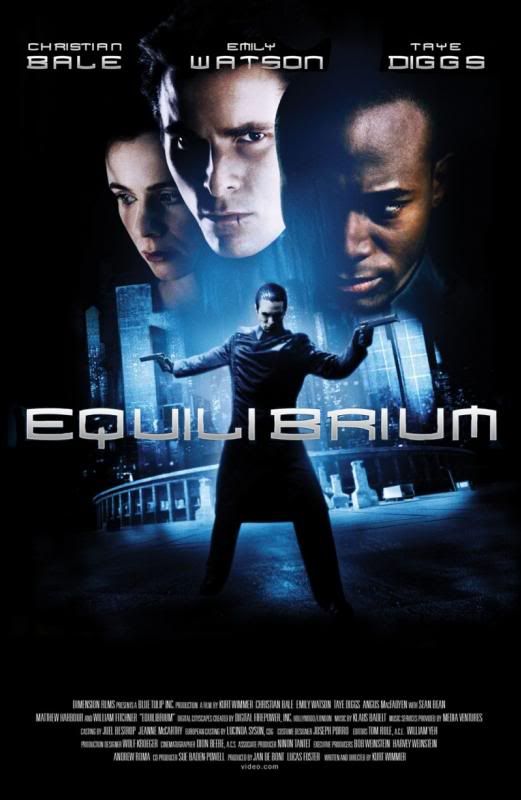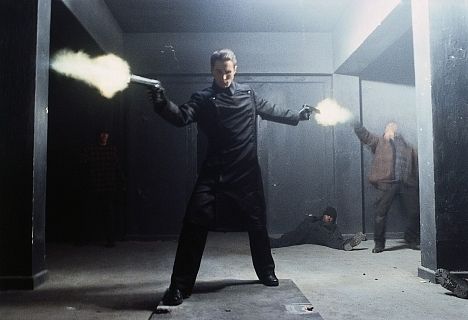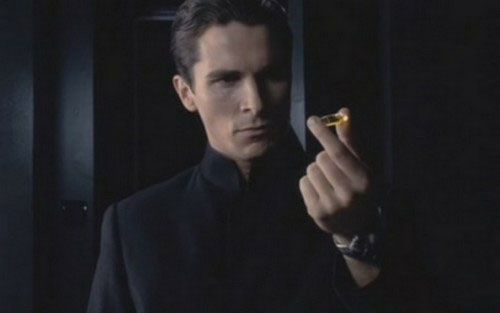
Glory to Arstotzka.
Let me be clear right from the off: I adore the fact that Papers, Please exists.
For those of you who don’t know, Papers, Please is a video game described as “a dystopian document thriller.” You are a citizen in Arstotzka, a fictional country ruled by an authoritarian regime, and you are tasked with monitoring one of its border posts. You examine the documentation of someone entering the country, look for discrepancies, and then bring down the stamp to either approve or deny their entry. You can detain people trying to smuggle contraband or weapons into the country, and your earnings are based on how many people you process in a given day, less any mistakes you make.
In a market dominated by first-person shooters, sports simulations, and massively multiplayer online games, it’s fantastic that Papers, Please even grabbed a toehold on the market, let alone climbing to success. Most of the reactions to the game have been entirely positive. Personally, I think it’s a deeply immersive and very atmospheric experience, with dashes of humor and some very real moral dilemmas that add to the emergent narrative that comes with every person that steps into the booth. Despite not having top-end graphics, the stories both spoken and implied by those giving you their passports and awaiting judgment is some of the most involving story-driven gameplay I’ve enjoyed in a long time.
It’s so involving, in fact, that I can barely play it.
You see, dispensing your tasks requires you to compare the would-be visitor’s documents with several sources you have yourself – a guide to various neighbor countries, their seals and cities, different permits to allow, etc. The money you earn has to be split between your family’s needs, and if you don’t make a certain amount, you’ll have to choose between food, heat, and medicine. Finally, if you miss something, the antiquated dot matrix printer in your booth begins to chatter, telling you how you messed up and how much it’s going to cost you.
It’s this last bit that really affects me. You could even say it triggers me. I have enough problems in dayjobs where a detail slips by me, or the alignment of an element is off by a pixel, or the timing of an animation is not quite what a client was looking for. I’ll think a task is done, on time and without incident, when news hits me like a hammer that no, there’s more work to do, and I know it reflects badly upon me and my self-esteem takes another blow and I feel the crushing inevitability of time and decay as I re-open my assets and go back to something I thought I’d actually done well for a change. And now a game is invoking that feeling? No, thank you.
I bought Papers, Please and I do not regret it. It’s a brilliant piece of work, and Lucas Pope deserves all of the credit he gets for bringing it to life. Maybe, at some point down the road, when I feel less like the sword of Damocles is hanging over me every time I open a new task, I’ll return to that cramped little checkpoint on the border of Arstotzka. There are good puzzles, good stories, and good design all over and throughout it, and I do recommend it. I just hope that someday, I can play the game without that paralyzing sense of dread that I feel during business hours all too often.





